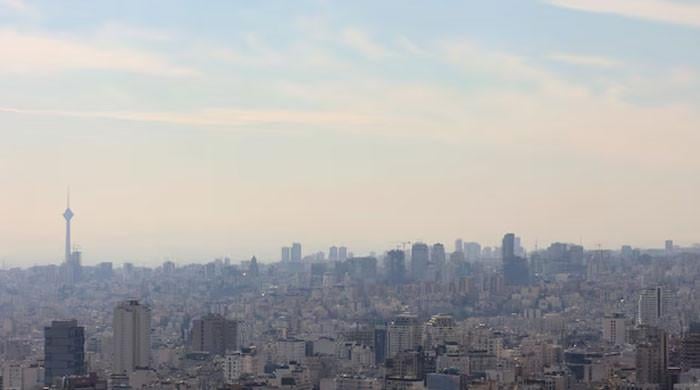Manmohan, anti-graft law face parliament test
NEW DELHI: India's government and ruling Congress party faced a tough battle to pass its proposed flagship anti-corruption law on Thursday as the upper house of parliament prepared to vote on the...
December 29, 2011
The legislation to create a new ombudsman tasked with investigating public officials was approved by the lower house of parliament on Tuesday, before being taken up by the upper house where the ruling party is weaker.
Congress has been lobbying furiously behind the scenes and is counting on independents, small regional parties and its unreliable parliamentary ally the Trinamool Congress in the upper chamber known as the Rajya Sabha.
The 243-member upper house was set to vote on the draft "Lokpal" (ombudsman) bill later Thursday after a day-long debate.
Arun Jaitley, leader of the main opposition Bharatiya Janata Party (BJP), attacked the government for ducking the chance to enact an effective anti-graft bill.
"This law is vulnerable to constitutional challenge," he said. "We will be leaving a lot for the next generation to do... You are creating a Lokpal so that it becomes a rudderless institution."
A defeat would be a heavy blow to the ailing fortunes of Prime Minister Manmohan Singh, whose administration had to withdraw another major reform earlier this month allowing foreign supermarkets to operate in India.
"You must support this bill for the sake of the nation," Congress spokesman Abhishek Singhvi told opponents in parliament.
"You want to pretend that you want to have a strong Lokpal bill (but) you are not doing any constructive debate," he added. "You are opposing for the sake of opposing."
The anti-corruption law has been one of the biggest political issues in India for months, the subject of an angry wrangle between the government, the opposition and civil society activists.
Anti-corruption campaigner Anna Hazare captured the public's imagination in August when he staged a 12-day hunger strike to demand a strong bill to stamp out endemic corruption in Indian public life.
The independent ombudsman will have powers to investigate and prosecute public officials, but the debate has been over which state officials will come under his remit and his autonomy to pursue them.
Hazare tapped into widespread anger over an Indian graft culture fed by a series of high-profile scandals involving ministers in Singh's cabinet and senior figures in the Congress party.
His latest campaign demanding that the draft law be revised was called to a halt on Wednesday with the frail 74-year-old drawing small crowds in Mumbai amid concerns about his health.
On Thursday Hazare returned to his village in Maharashtra state, where aides said he would rest for a week.
V. Narayanasamy, junior parliamentary affairs minister, admitted to the Times Now news channel that the government was relying on other groups to get the bill through.
"We need the support of other parties. We are making all efforts to see that the bill is passed," he said.
Any amendment approved by the upper house or a defeat would send the legislation back to the lower house for reconsideration.
If the government feels the bill will likely face defeat, it can also withdraw it in advance, but local television channels quoted sources saying that a vote would go ahead.
Thursday is the last day of an extended session of parliament to pass the legislation, meaning any further consideration of the new law would have to take place next year. (AFP)











